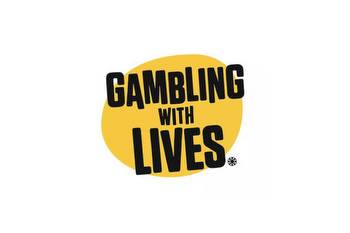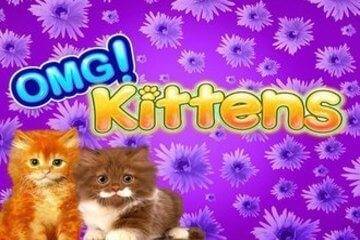Kids Bombarded with Alcohol, Gambling, Junk Food Ads Online

A new pilot study analysing screen recordings from young people's online activity has found that companies are targeting them with ads for harmful products including alcohol, gambling and junk food.
The report, #Digital Youth - How children and young people are targeted with harmful product marketing online, found that the ads drive engagement with harmful and addictive products.
The release of the report coincides with a gathering of experts, community leaders and young people at Parliament House today, to discuss the impacts of harmful product marketing on young people and potential policy solutions.
Key findings:
- Children as young as 8 years old are being bombarded with ads for unhealthy foods - including when they search for scooter tricks on social media and play online games. On average, children aged 8-13 years old were targeted with approximately 13 junk foods ads on a typical day they spend online.
- Teenagers aged 14-17 years old were targeted with an average of at least one instance of gambling marketing, six alcohol ads and 24 junk food ads, every day. For one teenager, this was as high as two gambling ads, 14 alcohol ads and 70 food ads over a typical two-hour period they spend online.
- Young adults aged 18 -25 years were seeing an average of two instances of gambling, seven alcohol ads and 23 junk food ads every day when online, which is similar rates to that experienced by teenagers.
Author of the report, Professor Kathryn Backholer, Co-Director of the Global Centre for Preventative Health and Nutrition said, "What this pilot study shows is that companies are targeting school age children with advertising for addictive and unhealthy products like alcohol, gambling and junk food.
"The marketing is sophisticated, using the data they have on young people including how they are feeling, what they are doing, and what they like and dislike."
Jane Martin, Executive Manager, Food for Health Alliance said "We can see that kids are being served junk food ads when they are innocently looking at things like scooter videos on YouTube.
"Multinational companies are placing ads within content and channels that they know are popular with kids - including buttons to buy and deliver junk food to their home."
Martin Thomas, Interim CEO, Alliance for Gambling Reform said, "This report provides evidence that the gambling industry is deliberately targeting kids and encouraging them to click and install gambling apps on their phones, and we believe this is just the tip of the iceberg.
"The gambling industry uses a predatory and systematic approach to try and get our kids to gamble. Governments need to take action now to protect kids and young people online."
Dr Sandro Demaio, CEO of VicHealth said, "These corporations know your children better than you do, and likely better than children know themselves. When children and young people are exposed to this kind of predatory marketing, it can increase the likelihood that they will consume or use more of these products later in life, at a cost to their health.
"By the time a child reaches just 13 years of age, 72 million data points will have been collected on them in the digital world. This personal information is used to aggressively target them with products often associated with chronic disease."
Caterina Giorgi, CEO of the Foundation for Alcohol Research and Education, said that there is an urgent need for common sense measures to protect children from harmful product marketing.
"Children should be able to go online to learn and play without being tracked and their data harvested by these companies.
"There are significant and immediate opportunities for the Federal Government to address this, through both the Privacy Act review and the Online Safety Act review.
"We need to ensure that companies and digital platforms are not able to collect children's data online for commercial purposes.
"We also need to make sure that companies that sell harmful and addictive products like alcohol, aren't able to market to children online.
"We look forward to continuing to working with the government to ensure the health, wellbeing and safety of kids and young people online is prioritised."






























